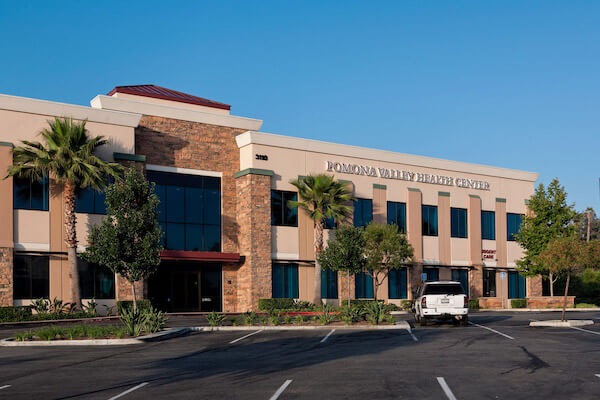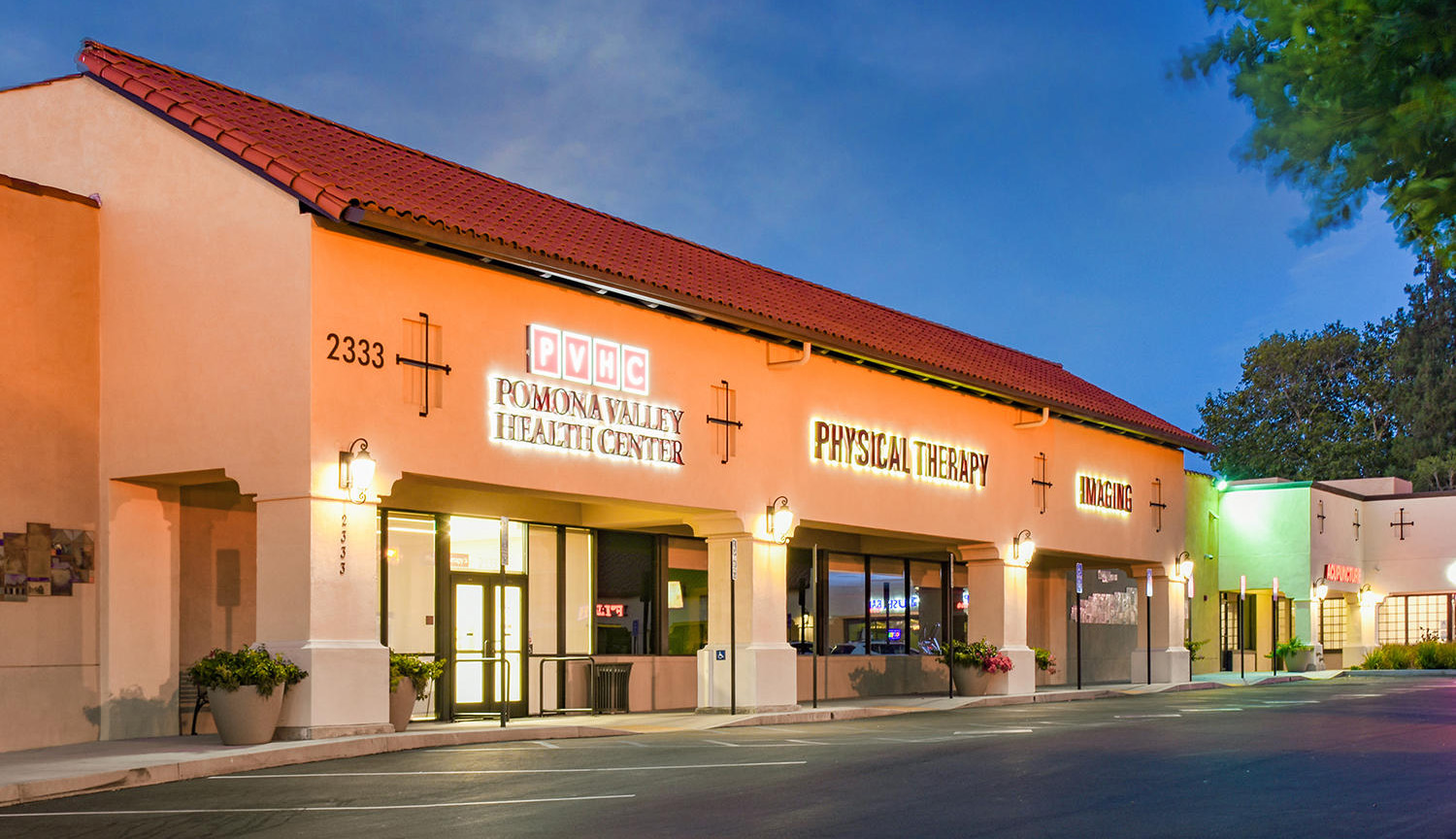
Pregnancy is a unique time in a woman’s life. There are a lot of physiological changes that take place to support a growing embryo or fetus. Pregnant women (and their placentas) produce different hormones that cause a broad range of changes like persistent nausea, breast pain, temporary darkening of your skin and many other common symptoms.
What happens to my body during pregnancy?
A full-term pregnancy typically lasts 40 weeks. During that time a woman’s body undergoes many temporary and sometimes unexpected transformations. The weeks are grouped into three trimesters:
- First Trimester (Weeks 1-12)
Hormonal changes during the first trimester affect every organ system in your body. During these first 12 weeks, your period will stop and you may experience extreme tiredness, tender breasts, nausea, constipation, frequent urination, headaches, heartburn, or mood swings. Your baby is also growing rapidly. His brain and spinal cord begin to develop as well as his major organs. This is a very crucial phase in your pregnancy and your baby’s development, and it is vital to meet your doctor as soon as possible.
- Second Trimester (Weeks 13-28)
The second trimester is often referred to as the ‘honeymoon period’ because nausea commonly subsides, emotions level out, and libido returns. During this time your abdomen begins to noticeably expand, making room for your growing baby. You will also start to gain weight, which is good for your growing baby but can mean aches, pains, and swelling for you. You will feel movement between 18-20 weeks as your baby’s arms and legs grow larger and stronger.
- Third Trimester (Weeks 29-40)
The third and final trimester often comes with insomnia and increased discomfort as your baby continues to grow and gain weight. Other common symptoms may include shortness of breath, heartburn, hemorrhoids, and swelling of the ankles, fingers, and face. Toward the end of this trimester you may notice your baby drop lower into your abdomen. Braxton Hicks or irregular contractions are very common during this trimester, but your doctor will educate you more on what is normal and what is not normal and should prompt you to go to the hospital.
As you move closer to your due date, your cervix will become thinner and softer and contractions will become stronger. This is a normal process that prepares your body for labor and delivery.
With all of these big, exciting changes happening in your body, it's important to have a family doctor you feel comfortable with. Choosing a doctor that really knows you and your medical needs from puberty to pregnancy and beyond can provide you with uniquely individualized pregnancy care and services. Your doctor will likely care for your baby too, making this a unique experience for you and the family.
Pomona Valley Health Centers is proud to offer experienced, compassionate women’s health care at all four of our office locations. We provide pregnancy care, including for high-risk pregnancies, and have a multidisciplinary team approach to help you through this very important event in your life. If you’re in need of expert obstetric services for your pregnancy, trust your care to a board-certified Pomona Valley FM/OB doctor.





